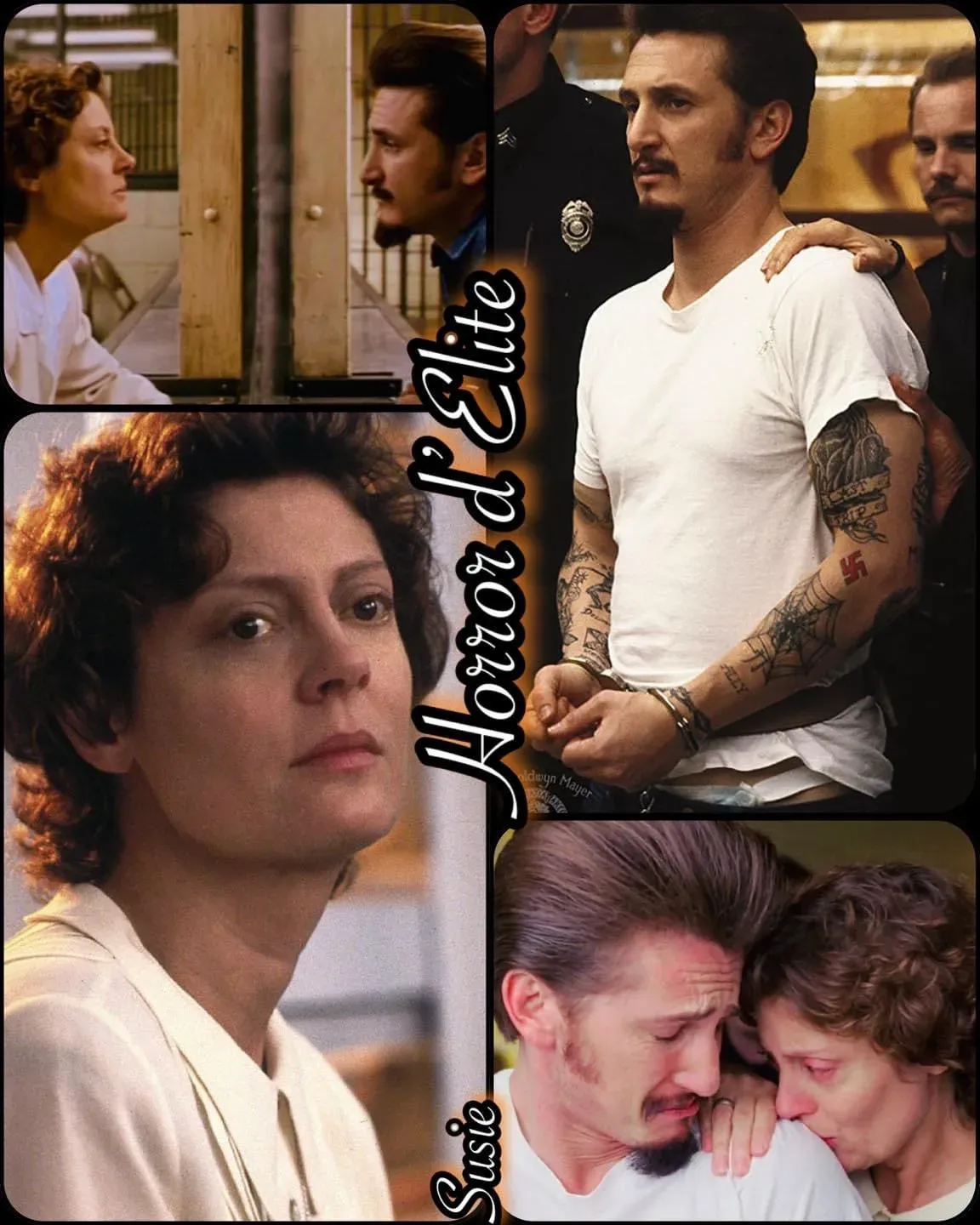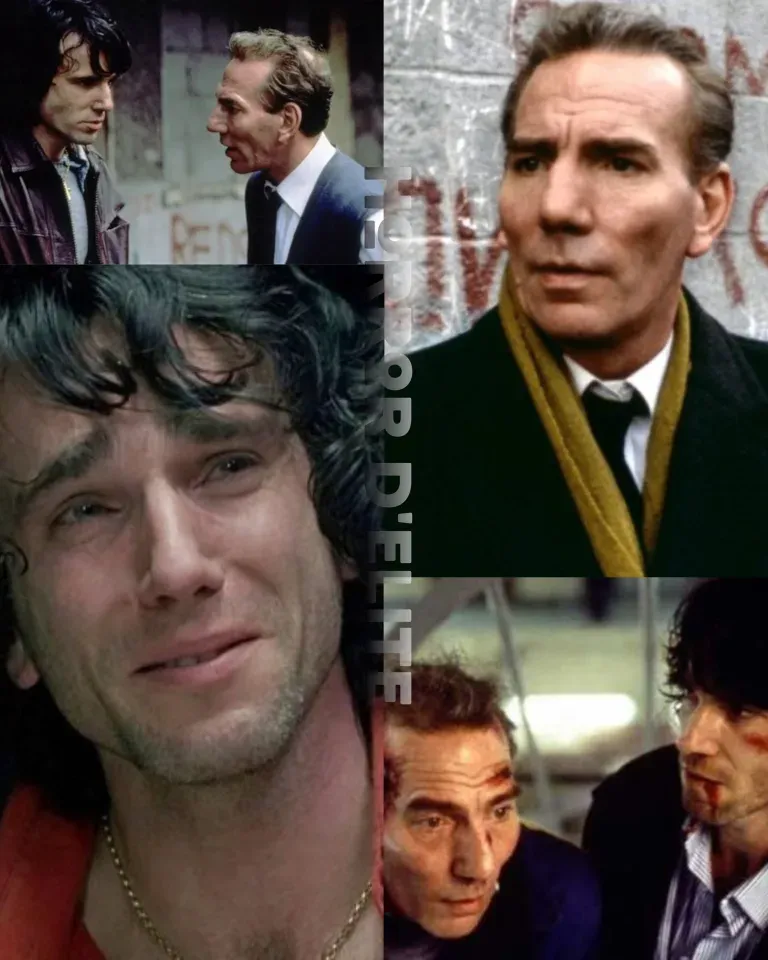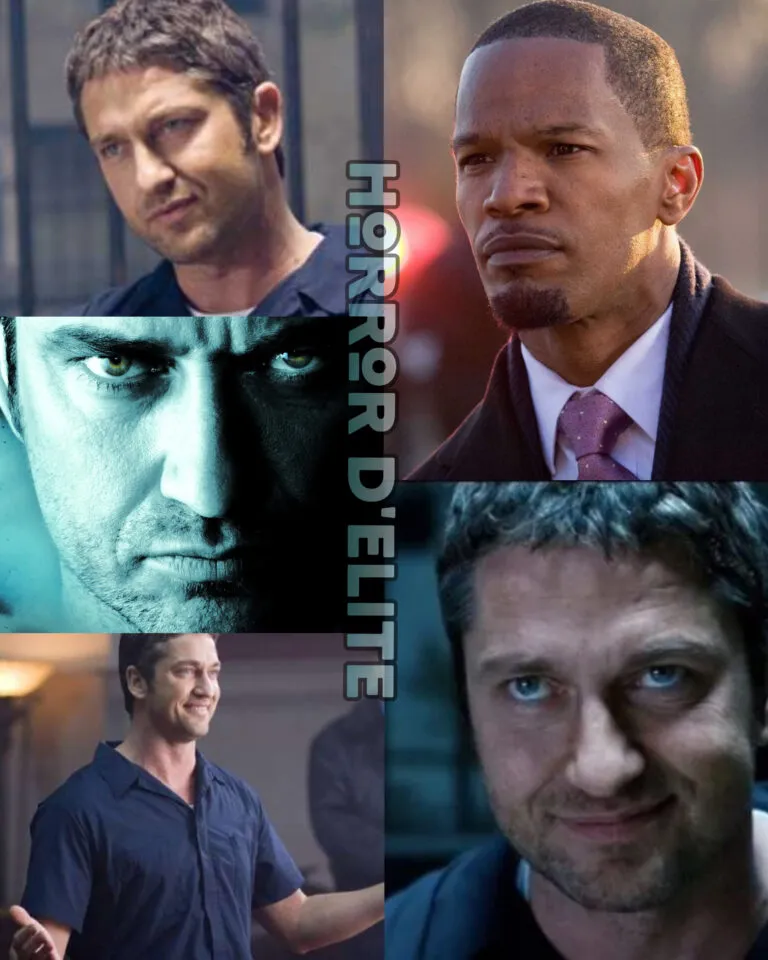Dead Man Walking
It hurts to rewatch Dead Man Walking, but it does good.
That last half hour, where the death row inmate Matthew Poncelet’s hopes for life completely fade, wears us down.
He is forced to say goodbye to his mother, his siblings, and the woman chosen as his “spiritual advisor,” Sister Helen Prejean.
It remains a punch in the gut, still perfectly delivered, even twenty-four years later.
Tim Robbins’ film takes a clear stance, avoiding misunderstandings:
Poncelet is guilty; together with an accomplice, he brutally murdered a young couple after raping the girl.
He did wrong; what he did is horrible, and there is no doubt about that.
However, what Robbins is interested in is something else: reflecting on the necessity of the death penalty, which is contrary to any democratic penal system.
Should the purpose of punishment be punitive? No, it should be retributive and rehabilitative.
Poncelet’s death will cause more pain and will not bring back the young people he killed.
The victims’ parents delude themselves into thinking that justice has been served, according to a mistaken interpretation of the law of retaliation, when in fact, they are merely satisfying their own thirst for revenge.
They do not confront the words of Jesus, repeatedly recalled by Helen: “Every person is worth more than their worst act.”
As the execution approaches, the woman manages to bring out some grain of humanity in the killer, by engaging with him on the topics of love, faith, and affection.
Poncelet knows he was wrong; he wants to be forgiven, and, aware of his inevitable death, he needs one last grain of humanity. He needs to go in peace.
Poncelet
Nevertheless, the tone is not comforting, nor does it absolve Poncelet, who is portrayed as a confused little neo-Nazi who was never able to rise above the environment of poverty and desolation in which he grew up.
Where human compassion for the viewer becomes unbearable is in the emotional preparation for death.
It begins with his relationship with the woman and contrasts with the inhumane normality and mechanical organization with which American justice allows killing, in turn.
Dead Man Walking is perhaps more important and necessary than beautiful; it is political and civil cinema that leaves no room for nuance.
It forcefully confronts us with the truth that the thirst for revenge will never soothe pain.
It boasts one of Sean Penn’s most heart-wrenching performances of his career (Best Actor in Berlin) and a Susan Sarandon, who won the Oscar for the role, embodying Christian charity with passion and determination.
The Soundtrack
For the soundtrack, some of the greatest musicians and poets of 20th-century America collaborated: Eddie Vedder, Bruce Springsteen, Tom Waits, Johnny Cash, Suzanne Vega, Patti Smith.
And it shows: the Boss’s eponymous song in the end credits delivers the final blow to our emotional defenses.
 Subscribe to our YouTube channel
Subscribe to our YouTube channel






